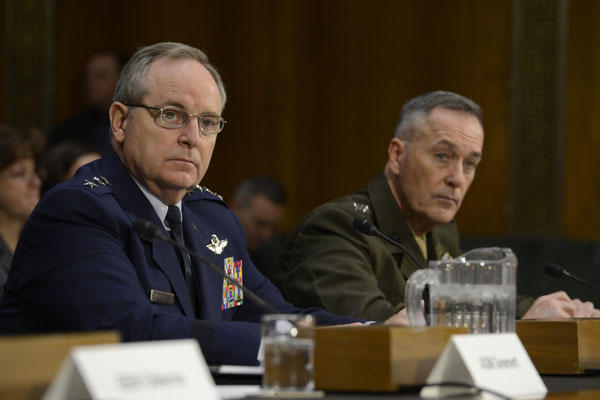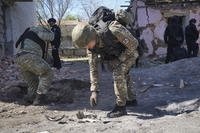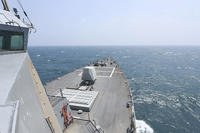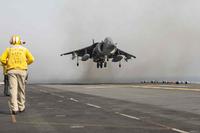WASHINGTON -- During testimony on Capitol Hill Jan. 28, Air Force Chief of Staff Gen. Mark A. Welsh III stressed the negative impact sequestration will have on future Air Force capabilities, emphasizing further budget cuts will lead to low morale and declined readiness in the Air Force.
“Pilots sitting in a squadron looking out at their airplanes parked on a ramp certainly feels like a hollow force, whether we define it that way or not,” Welsh said. “People are not joining this business to sit around.”
The common tone of the testimony by all the service chiefs was maintaining the faith and trust each military member has in their respective service by ensuring they have the training, tools and equipment needed to win any fight, now or in the future.
“We can’t continue to cut force structure to pay the cost of readiness and modernization or we risk being too small to succeed,” Welsh said.
Welsh stated 24 years of combat operations has taken a toll on the Air Force and the need for modernization is no longer a debatable issue.
“We currently have 12 fleets of aircraft that qualify for antique license plates in the state of Virginia,” he said. “Air Forces that fall behind technology fail and joint forces without the full breadth of the air, space and cyber capabilities that comprise modern airpower will lose.”
Welsh credited improved combat squadron readiness over the past year to the Balanced Budget Act, which targeted individual and unit readiness, but stated future sequestration would immediately reverse this trend.
“Squadrons would be grounded, readiness rates would plummet, Red and Green Flag exercises would have to be cancelled, Weapons School classes would be limited, and our aircrew members’ frustration will rise, again,” Welsh said.
He explained sequestration has led to intentional underfunding of infrastructures that produce combat capability over time including training ranges, test ranges, space launch facilities, simulation infrastructure, and nuclear infrastructure.
Welsh appealed to the members of the Senate Armed Services Committee to join with the military to ensure current and future combat capability.
“We do need your help to be ready for today’s fight and still able to win in 2025 and beyond,” he said. “Our Airmen deserve it, our joint team needs it, and I believe our nation still expects it.”




























